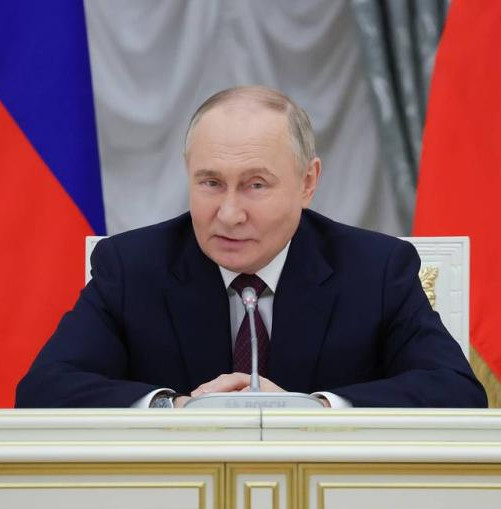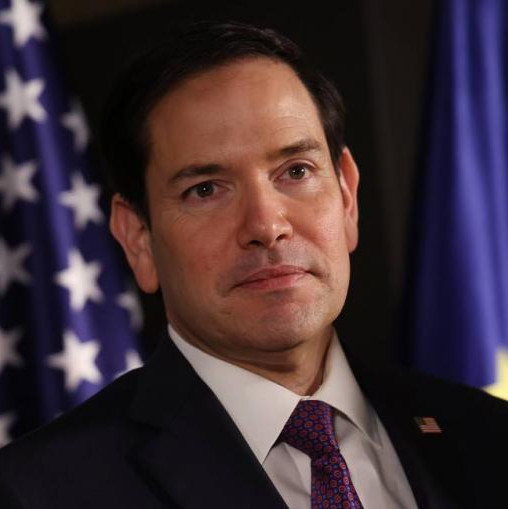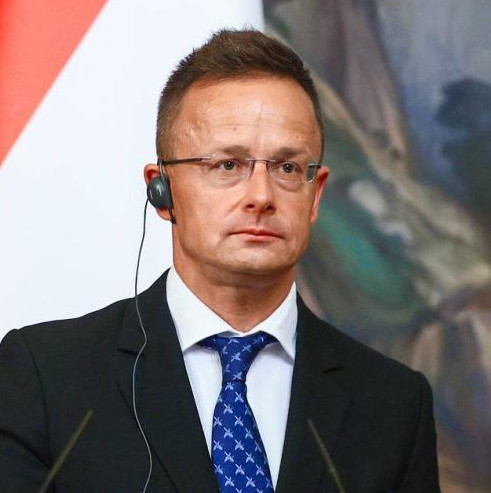
On March 26-27, Murmansk hosted The Arctic: Territory of Dialogue international forum (IAF) arranged the Roscongress Foundation with support of the Russian government. IAF-2025 is a platform for discussing the Arctic region’s integrated development.
The forum’s centrepiece was a plenary session attended by Russian President Vladimir Putin. "Russia is the largest Arctic power. We have consistently advocated for equitable cooperation in the region," he began his report with. The head of state pointed to Russia's readiness to cooperate in the Arctic with both friendly and Western countries if they show interest in joint ventures.
He stressed that the role and importance of the Arctic for both Russia and the whole world is growing, with an increase in geopolitical competition and the struggle for positions in the region. According to Putin, international cooperation in the Arctic is currently going through difficult times: "The Arctic Council was set up to cooperate in addressing environmental issues, to prevent emergencies above the Arctic Circle and to jointly respond to them if they emerge. However, this tool has degraded by now."
Vladimir Putin also commented on US President Donald Trump’s intent to buy Greenland from Denmark, noting that "it can surprise someone only at first glance. It is a profound mistake to treat it as some preposterous talk by the new US administration. Nothing of the sort." Further he explained: " In fact, the United States had such plans as far back as 1860s. As early as that, the US administration was considering possible annexation of Greenland and Iceland. However, the idea did not enjoy support in the Congress then." Russia’s national leader also recalled that during World War II, the United States deployed military bases on the island, and offered Denmark to buy Greenland in the follow-up.
In general, as Putin stressed, "this is an issue that concerns two specific nations and has nothing to do with us. But at the same time, of course, we are concerned about the fact that NATO countries are increasingly often designating the Far North as a springboard for possible conflicts and are practicing the use of troops in these conditions." Russia has never threatened anyone in the Arctic, but has been formulating an appropriate response strategy, the President said.
One may well speculate here. If Denmark does sell Greenland to the United States, the latter's control over polar territories would enhance given its coalition with NATO partners Norway and Canada. Moreover, Trump has also recently suggested that Canada "merge" into the United States as its 51st state.
The Arctic is a zone of Russia's strategic interests, accounting for over a quarter of the country's territory, 7 percent of GDP and about 11 percent of exports. Today, the Russian Arctic develops deposits of oil and gas, metals, and other minerals. "We will continue massive geological exploration there, primarily within the framework of the Geology: Revival of the Legend federal project. Concurrently, the task is to launch enterprises of deep processing of raw materials in the Arctic regions using the powerful resource base there; to create high value-added production facilities in petrochemistry, natural gas conversion, rare earth metals, and other industries related to machine building, production of sophisticated machinery and industrial equipment, while preserving the unique nature of the Arctic," Putin said.
As an example, the head of state cited the Centre for the Construction of Large-Capacity Offshore Structures in Belokamenka, where technologies for natural gas liquefaction are being localized, and the most up-to-date domestic solutions are being utilized.
Putin urged the Cabinet of Ministers and regional leaders to "effectively refine tools for supporting investment and business activity in the Arctic, including tax incentives, administrative privileges, infrastructure preparation of land plots, and other measures."
One of the state’s key tasks in the Arctic is development of the Northern Sea Route planned to be heavily loaded with hydrocarbon cargoes. "Over the past decade, cargo traffic along the Northern Sea Route — spanning from the Kara Gates Strait to the Bering Strait — has substantially increased. In 2014, a mere four million tons of cargo were transported via this corridor. By last year, that figure had risen to nearly 38 million tons — five times the Soviet-era record. We anticipate, with confidence, that volumes will reach 70-100 million tons by 2030 <…> The Northern Sea Route is poised to become a pivotal segment of the Transarctic Transport Corridor, stretching from St Petersburg through Murmansk to Vladivostok," Putin said. According to him, this route should connect "global industrial, agricultural, and energy hubs with consumer markets via a shorter, safer, and more economically viable route."
In turn, Russian Presidential aide Alexei Dyumin said that developing the Northern Sea Route should be part of integrated Arctic land planning and management: "The Northern Sea Route, which is currently considered mainly a transport project, should be considered in conjunction with developing Arctic territories."
In general, Russia has set the bar high in the Arctic. Horizons of planning are decades-long. One has to fully anticipate and take due regard of the full range of associated risks. For one, the notorious climate. Thus, some climatologists are sure that the Northern Sea Route will be free of ice in almost five years. These signals are clearly questionable and should not cancel plans for developing the icebreaker fleet. Although there may be reason to reduce the promising relevant construction program if warming is really here to stay. This will save huge amounts of money. For the time being, icebreaking escort of cargo ships is a truly expensive service.







